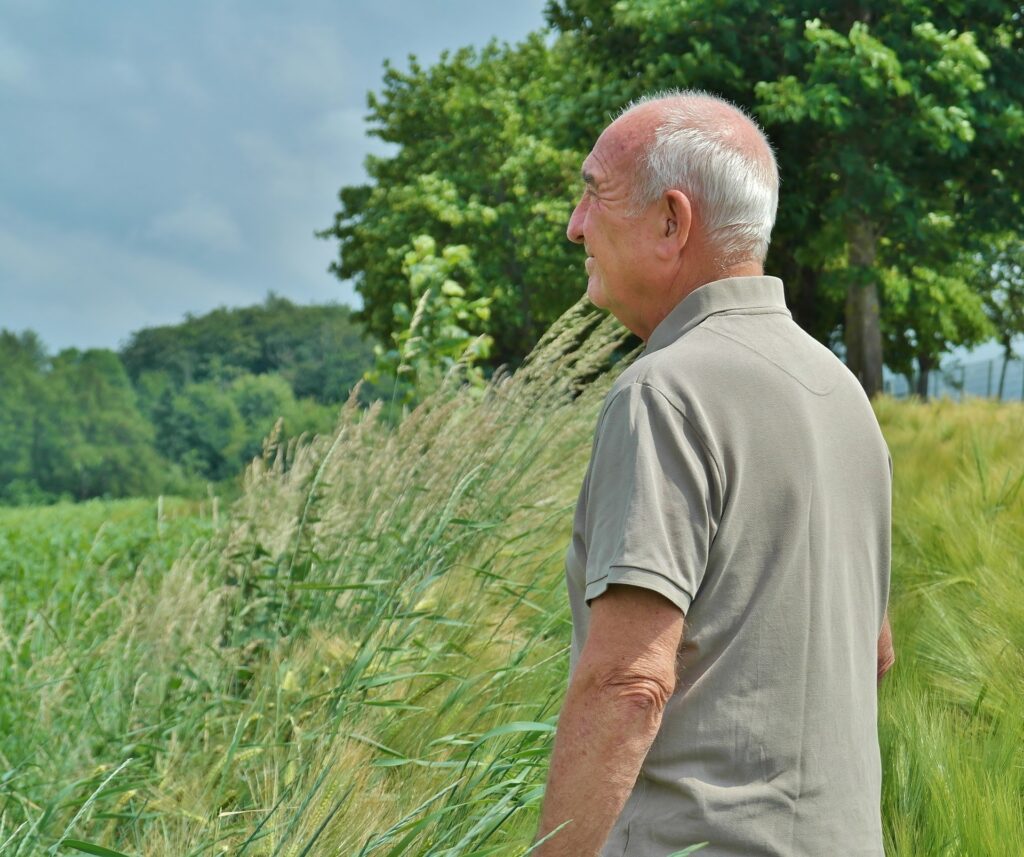
Parkinson’s is a progressive disease of the nervous system. Its characteristics are tremor, rigid muscles, slow, imprecise movement, and postural instability. As a result, there is a greater likelihood of falling. Physical activity can lower the risk of developing Parkinson’s. Further, it can slow down the progression of the disease. People with Parkinson’s often reduce physical activity. Therefore, it is important to find an activity they can maintain and enjoy.
How Tai Chi helps with Parkinson’s
Studies into Parkinson’s and Tai Chi have shown that simple movements improve leg strength, motor control and co-ordination. For example, the basic Yang style movements – Cloud Hands, Parting Horses Mane, Working at Shuttles. The sequencing helps to improve cognition. Consequently, improvements in postural stability and gait reduce the risk of falling.
Mind-body techniques such as Tai Chi, help to improve mobility and balance. They can also address musculoskeletal pain. Research conducted in individuals with Parkinson’s disease, found that verbal instructions, including imagery and visualization, can impact postural control. This confirms the therapeutic value of mind-body exercises.
Scientists in China recently conducted a study into the improvement in motor systems (Translational Neurodegeneration) of people with Parkinsons. It found that regular Tai Chi practice improved their motor function. In particular, the study identified long terms improvements in participants’ gait and balance. That is to say, the underlying mechanisms helped to enhance brain network function. In turn, this led to improved neurotransmitter metabolism, and lower vulnerability to dopaminergic degeneration. Moreover, Tai Chi was more effective than brisk walking for improving balance and step width.
Our approach
Movement In Mind has a long association with Parkinson’s UK. We have participants with Parkinson’s in most of our sessions. As Tai Chi for Health instructors, we are trained to help people with medical conditions do Tai Chi safely. We adapt the movements so that they are able to get the health benefits of the practice without harm. Sessions are supportive, and we enourage participants to listen to their body and work at their own pace.
We believe it is important for those with Parkinson’s to continue to exercise and remain active, but because of the progression of the disease, they may often hesitate to join a class. People with all health conditions are warmly welcome in all the sessions in our wellbeing programme. We understand the difficulties involved and do our best to help. Safety is of primary importance, and we aim to make all sessions light-hearted and enjoyable. Sessions can be done seated, or standing with support.
